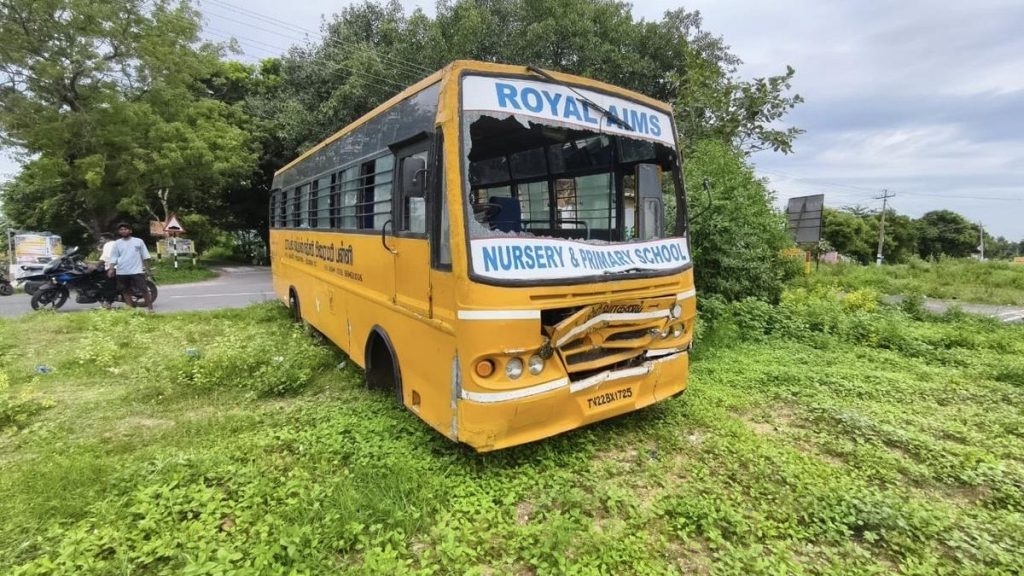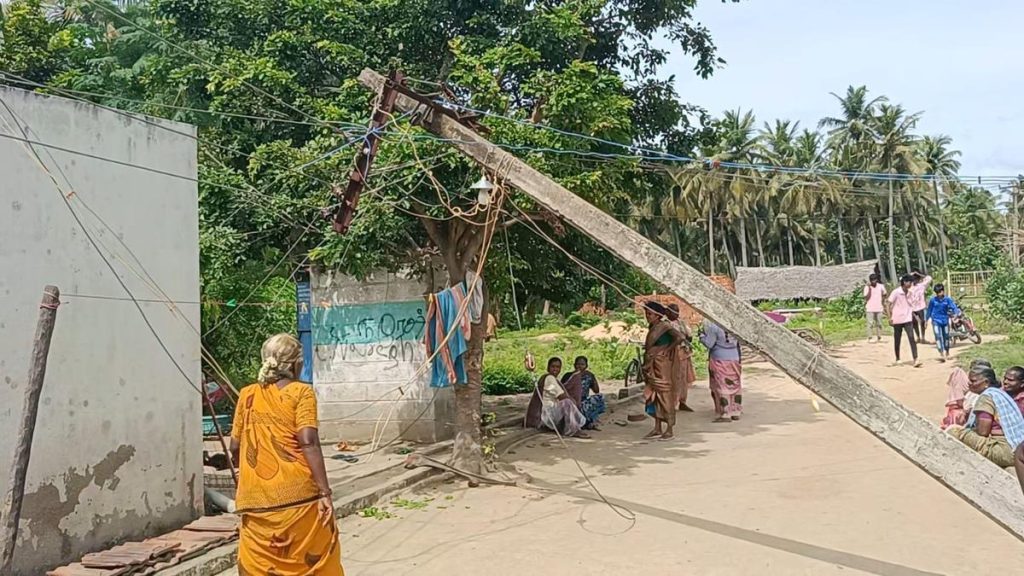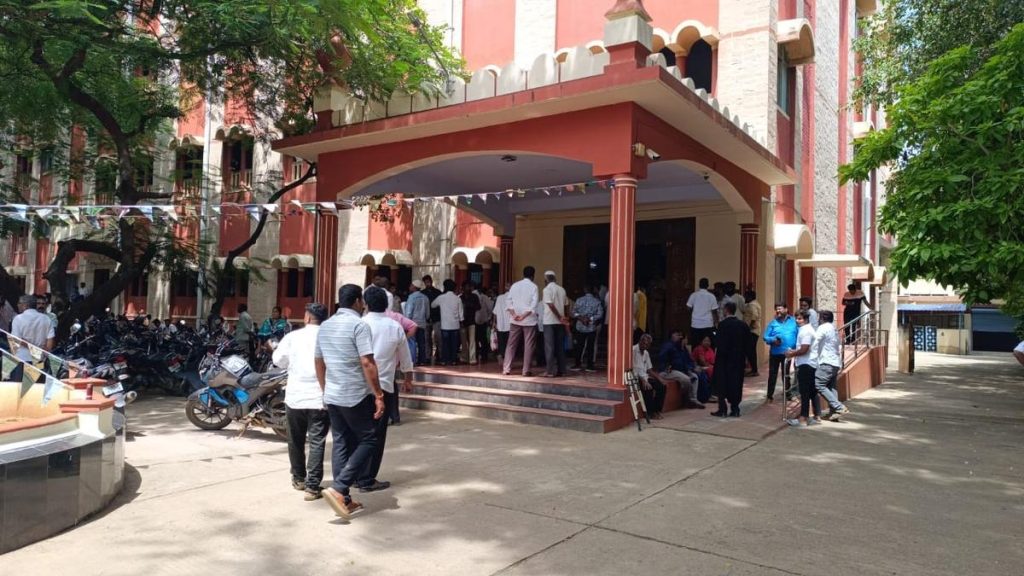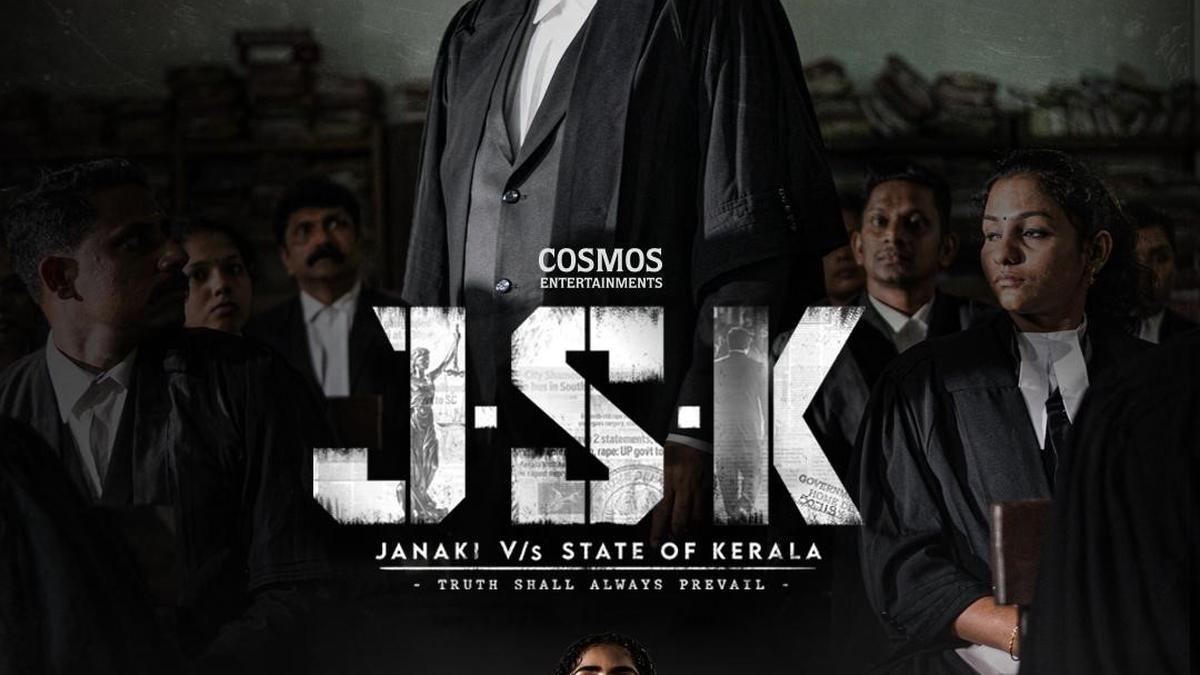Now Reading: Chamarajanagar Hosts Exhibition on Guarantee Schemes
-
01
Chamarajanagar Hosts Exhibition on Guarantee Schemes
Chamarajanagar Hosts Exhibition on Guarantee Schemes

Quick Summary
- Over 500 crore women passengers have availed free bus travel under KarnatakaS Shakti scheme, per government officials at an exhibition in Chamarajanagar.
- The three-day exhibition showcases achievements and implementation of Karnataka’s five guarantee schemes: Shakti (free bus travel), Gruha Lakshmi, Anna Bhagya, Gruha Jyothi, and Yuva Nidhi.
- Organized by the State Department of Details and Public Relations, the event was inaugurated by Chamarajanagar MLA C.Puttarangashetty at the KSRTC bus stand.
- MLA C. Puttarangashetty stated Chief Minister Siddaramaiah and Deputy CM D.K. Shivakumar have fulfilled their electoral promises wiht these welfare-centric initiatives aimed at benefiting citizens statewide.
- The event marks two years of the government’s tenure while also showcasing progress in other growth projects.
- District Guarantee Schemes Implementation Committee president H.V. Chandru highlighted that Chamarajanagar district ranks first in implementing Gruha Lakshmi scheme.
- Zilla Panchayat CEO Mona Roat, along with committee members and senior officials, attended the event.
Published: July 10, 2025.
Indian Opinion Analysis
Karnataka’s focus on social welfare schemes like those displayed under it’s five guarantees underscores its commitment to improving accessibility to essential services for its citizens-especially women-with programs such as Shakti promoting equitable transportation solutions across socioeconomic barriers. Initiatives like Gruha Lakshmi further cement efforts to empower households financially.
The government-organized exhibition reflects an effort not only to promote transparency around its commitments but also foster public awareness about such schemes’ scale and impact statewide over two years in office-a critical interaction strategy for democratic accountability.
While achievements are highlighted locally-such as Chamarajanagar’s distinction in implementing a key scheme-the broader challenge for models like this lies in long-term sustainability amid fiscal constraints frequently enough encountered during large-scale welfare projects.
Read more: Source
























